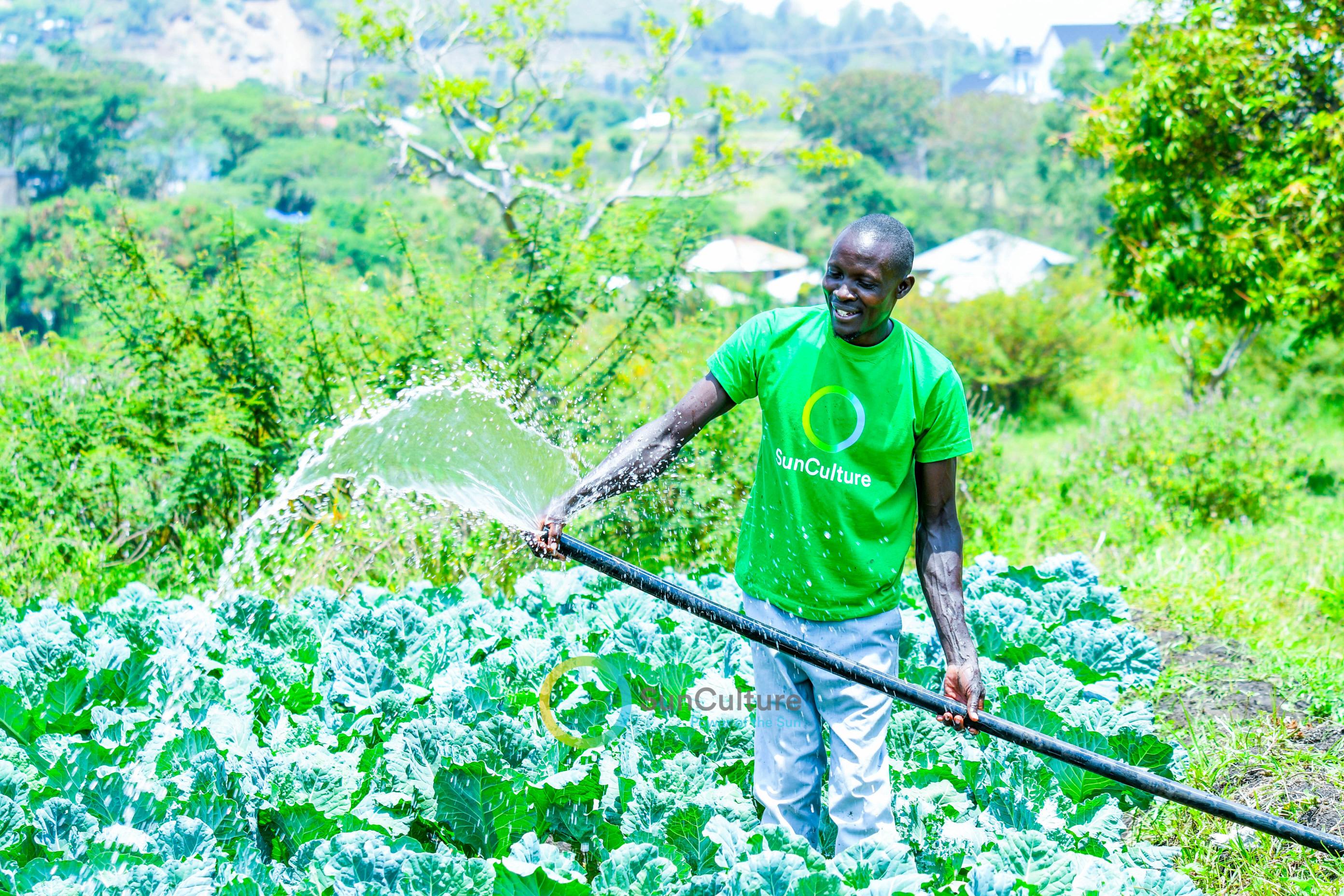 SunCulture unveils next-gen solar battery to power water access, farming and rural homes across Africa.
SunCulture unveils next-gen solar battery to power water access, farming and rural homes across Africa.A Kenyan solar technology firm has unveiled a new battery designed to improve irrigation efficiency and expand access to reliable energy for rural households.
The move comes as farmers across Africa face increasing pressure to adapt to climate change and unpredictable weather patterns.
The ClimateSmart Battery 2 (CSB2), launched by SunCulture, is an upgraded solar-powered battery that enhances the performance of its irrigation systems while providing off-grid electricity for homes in remote areas.
SunCulture’s chief financial officer Henry Clarke said the new battery offers greater energy storage and performance, enabling farmers to pump more water and use the system year-round, even during dry spells.
It can also power basic household appliances such as lights, televisions and mobile phones, providing families with a multipurpose source of clean energy.
Clarke noted that SunCulture has spent the past decade developing solar irrigation technologies to help smallholder farmers increase food production and adapt to climate change.
“The new system integrates our pumps and controllers into a single, more efficient unit,” he said. “With almost double the battery capacity, farmers can get more water and more power for daily use.”
Data from the Association of Irrigation Acceleration Platform (2018–2022) shows that the adoption of solar-powered irrigation systems has significantly improved water availability during crop production.
Farmers who previously relied solely on rainfall gained consistent access to water, allowing them to irrigate during dry periods.
The study also found farmers who switched from diesel-powered pumps to solar pumps increased their water usage from 51 cubic metres to 114 cubic metres per month, a 124 per cent rise.
This suggests that high fuel costs had previously limited irrigation. With solar energy, farmers could afford to irrigate more often, boosting productivity and income.
The study showed that on average, farmers using solar-powered systems expanded their irrigated land by 25 per cent and diversified their crop varieties.
Yields per acre also improved, with revenues rising by 158 per cent and profits by 239 per cent, mainly due to reduced fuel expenses.
At the national level, the government is also investing in off-grid energy access. The Kenya Off-Grid Solar Access Project targets 14 counties with solar hybrid power and water projects expected to improve living conditions and electricity access for about 430,000 households.
Clarke said the launch of the CSB2 aligns with SunCulture’s broader goal of promoting climate-smart agriculture and sustainable energy solutions across rural Africa, where limited electricity access continues to constrain economic growth and food security.















